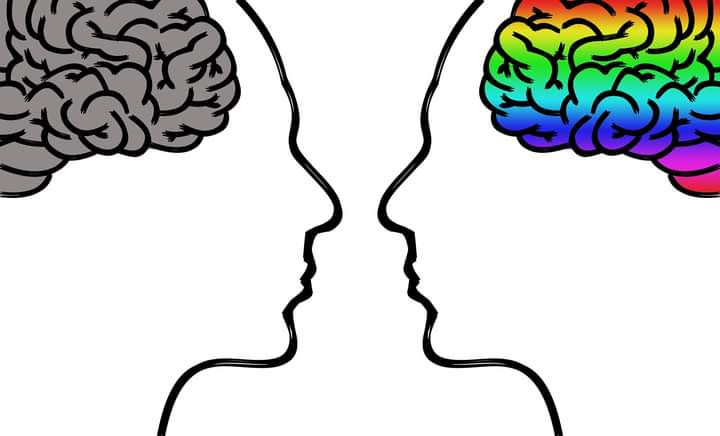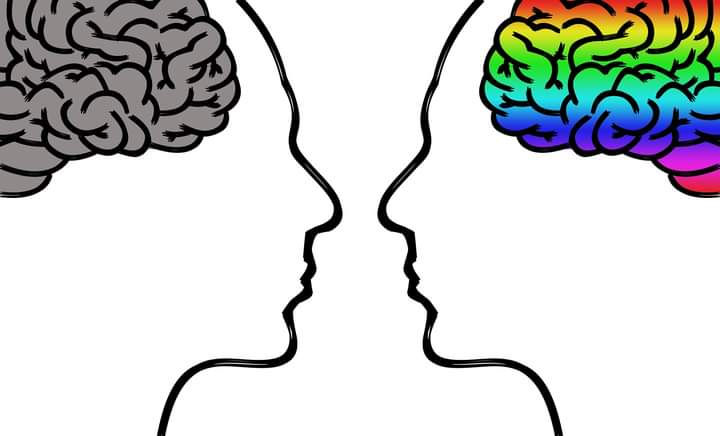How to handle conflict situations?
- Debora Wiseman
- 3 de jan. de 2023
- 3 min de leitura

To better understand what conflict represents, let’s analyze the origin of the word: in Latin, “confligere” is composed of “con” and “fligere”, which means “to fight, to be at odds, to strike, to attack” – that is, evokes a negative concept of struggle, dispute and aggressiveness. However, the term also has another, more positive meaning: that of “making people find common ground”.
If we consider this second meaning, we can think about the possibility of knowing how to act positively and ecologically in a conflict situation, respecting differences and adversities, transforming the moment into a resource of possibilities and growth, not a confrontation.
Each individual interprets reality according to their beliefs, experiences, education and conviction. So remember: before wanting to be understood and respected, understand and respect others.
The first step in dealing with any conflict is always to initially empty your mind, clearing all negative thoughts, and then evaluate three points of view:
The 1st is "how I deal with conflict", in terms of reality itself, feelings, values and beliefs;
The 2nd refers to the point of view of the 2nd person, how the other person perceives the same situation;
The 3rd is the point of view of a third person, totally neutral and with an objective view between the 1st and 2nd person. At this stage, it is necessary to forget about the ego for a moment and look at the situation in a more detached way, without judgments, with the most neutrality possible.
It is possible to identify when we start to get more nervous or excited. At that moment, when your heart races, your breathing is altered and you are almost acting without thinking, it's time to take a deep breath and try to remain calm, emptying all non-ecological thoughts.
Conflict is linked to stress and frustration when expectations are not met. Therefore, it is necessary to pay attention to balanced emotions, one's own and those of others.
Some valuable tips to avoid conflicts:
1. Develop emotional control: Emotional control may be the best regulating function of conflicts in a person's life. Control your emotions, Controlling your impulses and your negative thoughts – you will avoid unnecessary conflicts, in any sector of your life.
2. Avoid making unnecessary criticism: Criticism, when not constructive and ecological, is generally futile, as it puts the individual on the defensive. Criticism is dangerous because it hurts the individual's pride, undermines his sense of self-importance, and breeds resentment.
3. Pay attention to behavior: We each have a different style in which we communicate and see the world through our own lens and perspective. Knowing the characteristics of different behavior styles and modifying your approach will help you.
4. Before criticizing, make a self-criticism first: Change the focus of adversities: Replace the word “you” with the word “I” This will avoid putting others on the defensive.
5. Seek understanding, not agreement. Make an effort to try to understand the other person's point of view rather than convincing them of yours. Share your desire to see the situation from their perspective. Be curious and ask questions. The goal should not be to avoid conflict, but to embrace it while keeping the focus on productive outcomes.
6. Good communication: Dialogue, always.
Resolving conflicts efficiently Even if you try your best, sometimes conflicts inevitably occur. Successful resolution happens by listening and providing opportunities to meet each side's needs or expectations and handling accordingly so that everyone is satisfied with the outcome.
Always look for opportunities to recognize and support each other's efforts. All parties mutually benefit from reality and perception in each other's eyes.
Assume and appreciate that no relationship is perfect; and, at the same time, strive to find common ground in every area possible. This will help build trust and create the possibility for improvement in areas of conflict.
However, seeking a quick and effective conflict resolution will help to avoid problems that could otherwise lead to losses. Think of solutions to real and close conflicts. And start solving them now and also avoiding them when possible.
7. Seek professional help
In addition to our tips, it is always important to seek professional help from a competent doctor and therapist, if emotional control in the face of a conflict situation is too challenging for you
Getting therapy regularly is a great way to better understand your triggers and identify ways to avoid confrontational and conflict situations.
IMPORTANT: We are Holistic Therapists and our treatment is alternative. Even presenting satisfactory results, it is essential to emphasize that only duly qualified physicians can diagnose diseases, recommend treatments and prescribe medication.
All the best.
See you next week
Shalom!
Debora and Daniel Wiseman





Comentários